 Embark on a Cosmic Journey Through the Paradoxes of Luxury and Dupes
Embark on a Cosmic Journey Through the Paradoxes of Luxury and Dupes
CHANEL Resale: Authentic Bag, Borrowed Story
You’ve found it: the vintage CHANEL 2.55 that ticks every box. Quilted lambskin radiates elegance, the chain strap shines, and your conscience is smug: eco-friendly, iconic, and a bargain. But somewhere between unboxing and your first post, a subtle tension appears.
It’s not remorse—it’s the faint echo of a legal claim you didn’t realize you were part of. Although you paid in full, CHANEL retains authority over parts of its identity—how the bag is described, authenticated, and sold later. You hold the bag, yes, but the brand’s story remains theirs.

The CHANEL Bag Is Yours—The Story Isn’t
Every late-night shift, every weekend side gig, every “just water for me” at brunch—each small sacrifice built the fund. This was never just a purchase; it was a mission. You combed resale listings like an explorer, learning the difference between caviar leather and lambskin as if mastering a new tongue. Then it appeared: the perfect vintage CHANEL 2.55. Clicking buy now was a quiet victory after years of persistence.
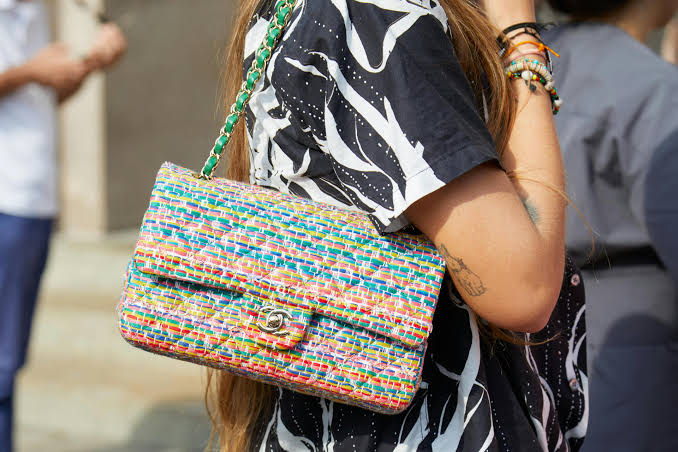
The unboxing felt ceremonial. Tissue paper whispered, revealing the supple, glowing bag as if it had been waiting for you. It was a reward, a monument to your discipline and refined taste. For a moment, the story seemed yours. Then the reality hit: CHANEL might claim the final word.
CHANEL’s IP Game: Bag in Hand, Story in Lockdown
Legally, the first-sale doctrine is supposed to protect you: you bought it legitimately, so you can sell it again if you choose. That should make things simple. But CHANEL’s lawyers have designed couture-sized loopholes that blur the lines the moment resale activity touches the brand’s sacred territory. Authenticate the bag yourself? Overstepping. Post marketing-style photos? Hazardous. Call your pre-owned gem “genuine”? Potentially a legal landmine if the phrasing seems too formal or too close to the brand’s own words.
Explore New Arrivals Here
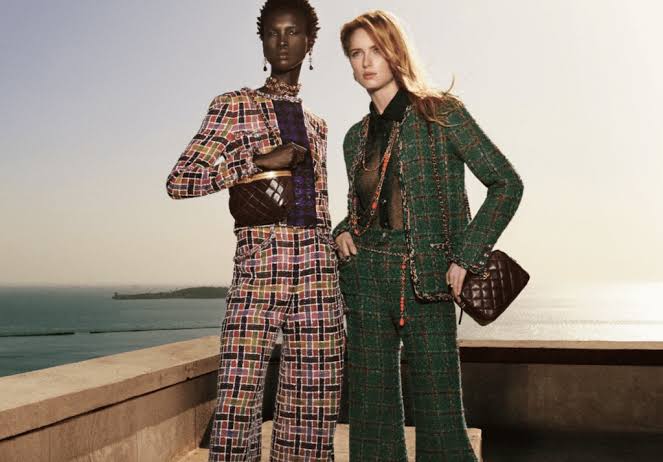
CHANEL is clear: they aren’t just defending the bag; they’re defending their story, their aura, and the prestige surrounding their name. While you own the leather, hardware, and chain, the narrative—the carefully curated image and authority of the brand—remains theirs. Resale isn’t just a transaction; it’s a stage for brand warfare. You may have mastered saving, scouting, and purchasing your coveted CHANEL, but you are entering a domain where the company dictates the rules of authenticity, representation, and marketing. In their world, possession of the bag is one thing; possession of the narrative is another entirely.
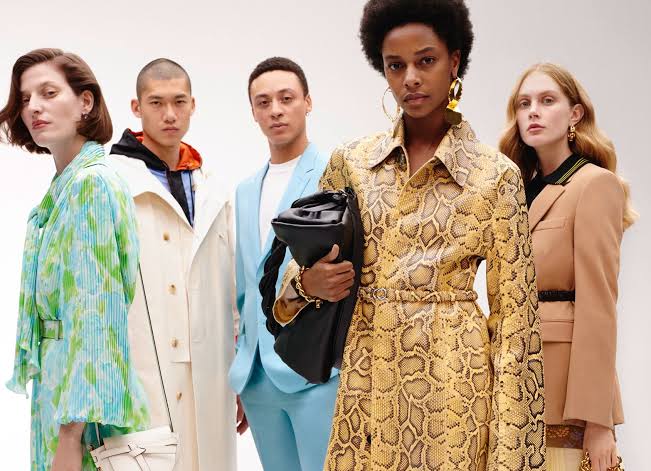
High fashion meets diversity and bold statements in this striking modern editorial, showcasing power dressing at its finest.
The Schrödinger Bag: Fashion Meets Legal Physics
Your CHANEL 2.55 now exists in a strange limbo: it is completely yours and yet not fully yours at the same time. You can use it, store it, and flaunt it, but try to sell it, market it, or even call it “genuine,” and you may find yourself in CHANEL’s gray area. It’s the quantum mechanics of luxury: in your hands, authentic; under scrutiny, potentially infringing.
Had Schrödinger been drawn to style instead of science, his legendary cat might have been curled inside a quilted flap bag—both chic and legally ambiguous until measured. In the resale world, boundaries are invisible, and proof is everything. Keep your bag safely within untested limits, and all is well. Open the legal box, however, and “ownership” becomes a far more intricate, nuanced, and unpredictable concept than your initial purchase ever suggested.
CHANEL vs. Resale: A Courtroom Catwalk
The RealReal set out to democratize luxury resale: photograph your item, submit it for authentication, and see it find a new owner who treasures it. At first, the approach seemed like a perfect mix of sustainability, style, and convenience. Then CHANEL stepped into the spotlight.
What began as a fight against counterfeits evolved into a long-running legal battle over who can define authenticity, how that definition is communicated, and even the fonts and words that can be used in listings. The courtroom has become a runway, with The RealReal advocating for open-market access and CHANEL fiercely defending its brand identity. For buyers, distinguishing caviar leather from lambskin is no longer enough—they also need to understand trademark law, marketing phrasing, and the reality that your “authentic” CHANEL may only be considered official if the brand itself says so.
When Your CHANEL Knows More Than You Do
CHANEL isn’t leaving resale to chance. Blockchain tracking, enhanced serial numbers, and other high-tech tools could soon embed a digital life story in every bag. Picture your 2.55 with an internal passport, logging each sale, every owner, and possibly even every handoff. In this model, the narrative of your bag is authored and edited by CHANEL, not by you.
Resale might soon be restricted to CHANEL-sanctioned platforms, with CHANEL-approved descriptions and price points. The $3,200 bag you finally acquired after years of saving could be transformed into a $7,800 “brand-certified journey,” removing the thrill of discovery. Your leather and chain remain yours, but the freedom to sell, describe, or even share the bag could rest entirely with the brand.
Your CHANEL, Their Script
You earned this bag. You celebrated the moment the chain hugged your shoulder, marking a personal triumph. Physically, the CHANEL bag is yours, undeniably. But the resale arena plays by a different set of rules—rules that shift, evolve, and are mostly authored by the brand itself.
So flaunt it with pride. Let the flap shine. Let the gold accents catch the light just right. But remember: in this realm, authenticity is more than leather, stitching, or brand logos. It is a performance, in which you are the lead, but the brand still directs the scene.

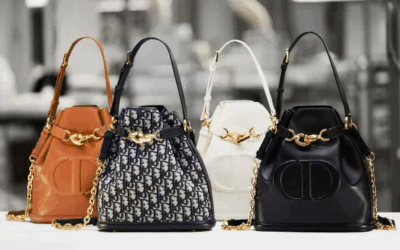
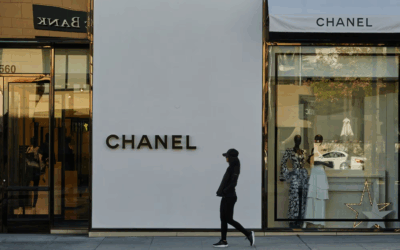
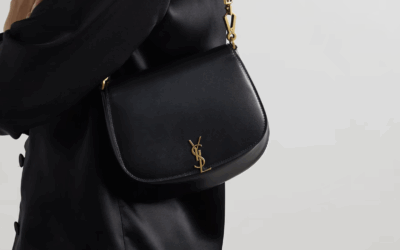
0 Comments